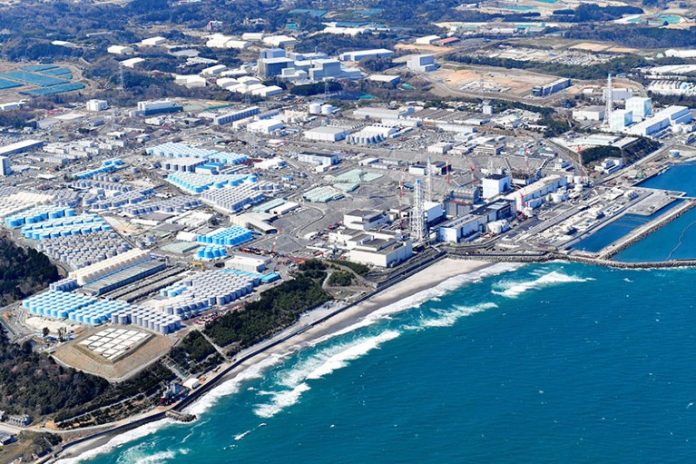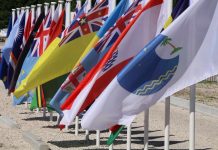By Dr Transform Aqorau
The recent announcement from the Japanese government, sanctioning the discharge of recycled waste from the Fukushima nuclear plant into the Pacific Ocean, is more than just a matter of policy; it’s a heavy-hearted disappointment that resonates on a deeply personal level for many of us who have been at the forefront of Pacific conservation and diplomacy.
Having once held the position of International Legal Adviser to the Pacific Islands Forum Secretariat, I distinctly recall the strenuous efforts we undertook to procure assurances from the Japanese government on the safety of nuclear material transportation through the Pacific. These waters aren’t just geographical entities; they are the lifeblood of the Pacific Islands, underpinning cultures, livelihoods, and ecosystems. The mere whisper of nuclear contamination could irrevocably damage the integrity and security of the Pacific Islands’ tuna fishery, a cornerstone of the regional economy.
China’s swift decision to halt seafood imports from Japan is a foreshadowing of the economic repercussions that loom. If the Pacific waters were to be contaminated, the blow to the economies of the Pacific Island Countries would be not only substantial but catastrophic. The livelihoods of thousands, perhaps millions, hang in the balance.
But beyond the immediate economic implications, we must recognize the profound political ramifications of Japan’s decision. At a time when Japan is making strides to court the Pacific Islands, primarily due to the escalating geopolitical rivalry in the region, this move stands as a stark contradiction to their diplomatic efforts. It’s more than just a policy misstep; it’s a deep fracture in the trust that has been carefully cultivated over decades.
The Pacific Islands are not just strategic points on a map. They are homes to diverse peoples, cultures, and histories. Japan’s decision, whether inadvertent or calculated, sends a clear message about how they value these relationships in the broader schema of their national interests.
One can only hope that Japan has not gravely underestimated the depth of feelings of the Pacific’s peoples. The Pacific is not merely a vast expanse of water; it is a repository of dreams, struggles, and hopes of its inhabitants. The decision to discharge nuclear waste, regardless of its “recycled” label, is a stark reminder of past mistakes and raises questions about the genuineness of Japan’s commitment to its Pacific neighbours.
In the world of diplomacy and international relations, trust is currency. It takes years, sometimes decades, to build but can be shattered in a moment. The discharge from the Fukushima nuclear plant is not just an environmental concern; it’s a dent in the armor of trust and camaraderie. The repercussions of this will likely echo for years to come, and one can only hope that Japan takes rapid steps to amend this grave oversight and rebuild the bridges they’ve risked burning.
SOURCE: AQORAU/PACNEWS


















